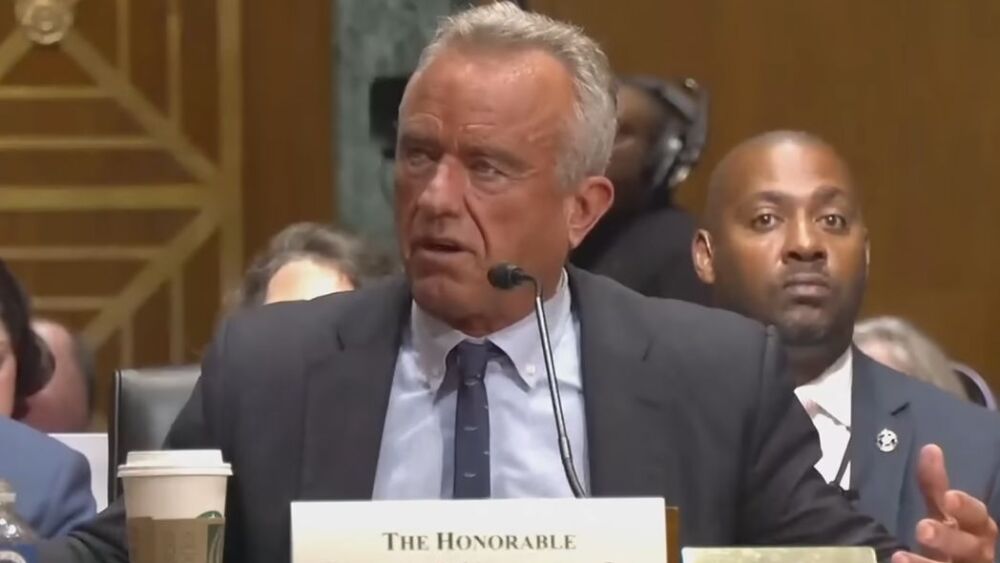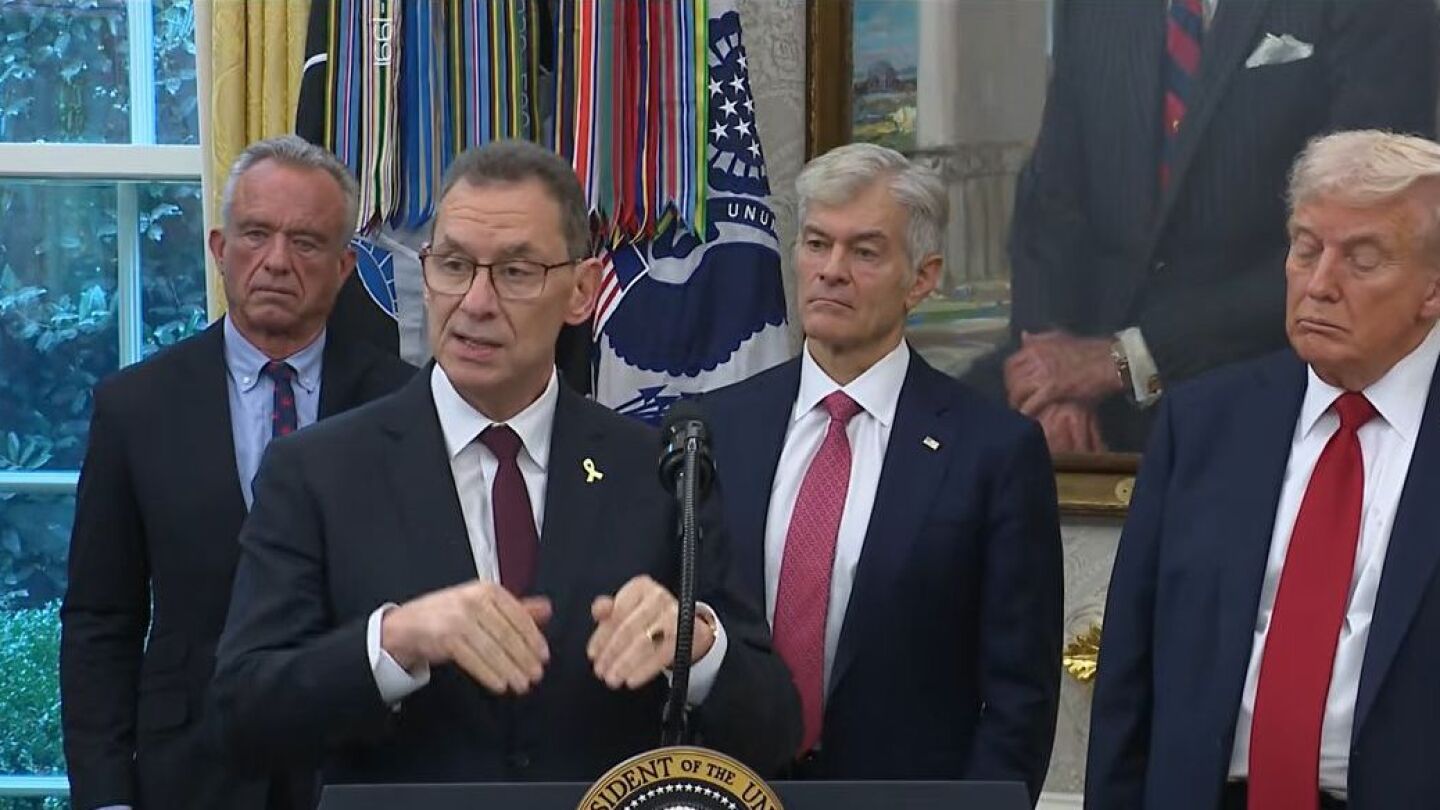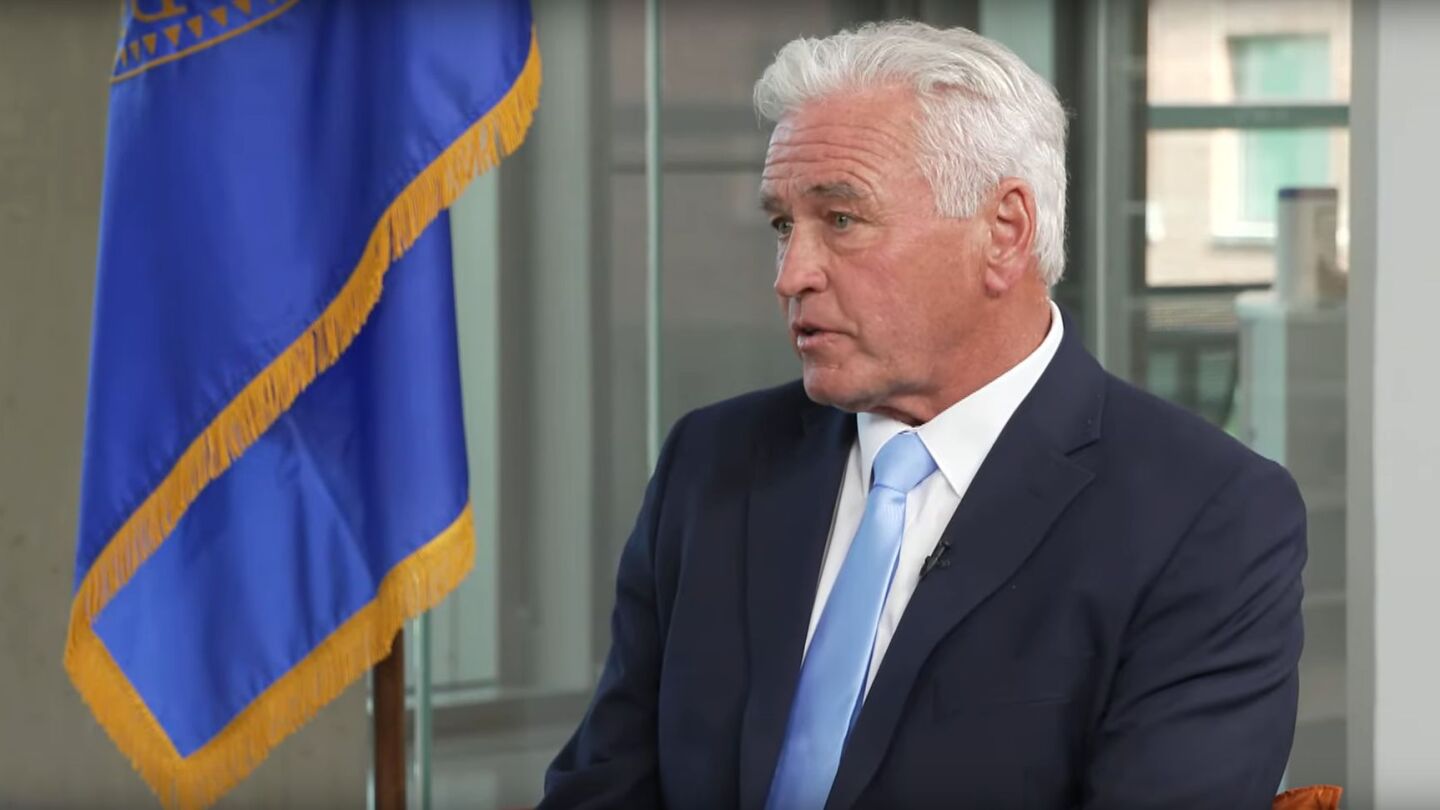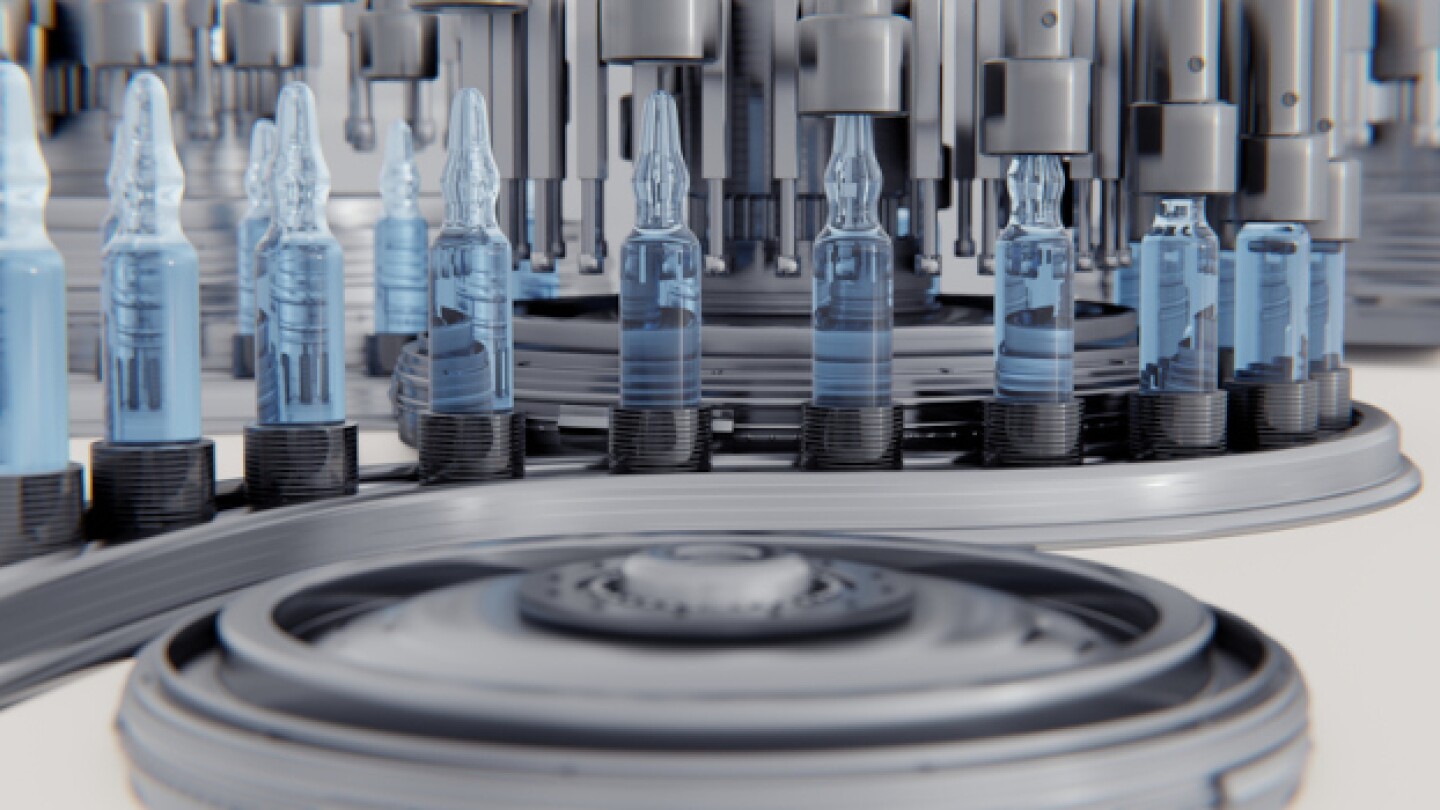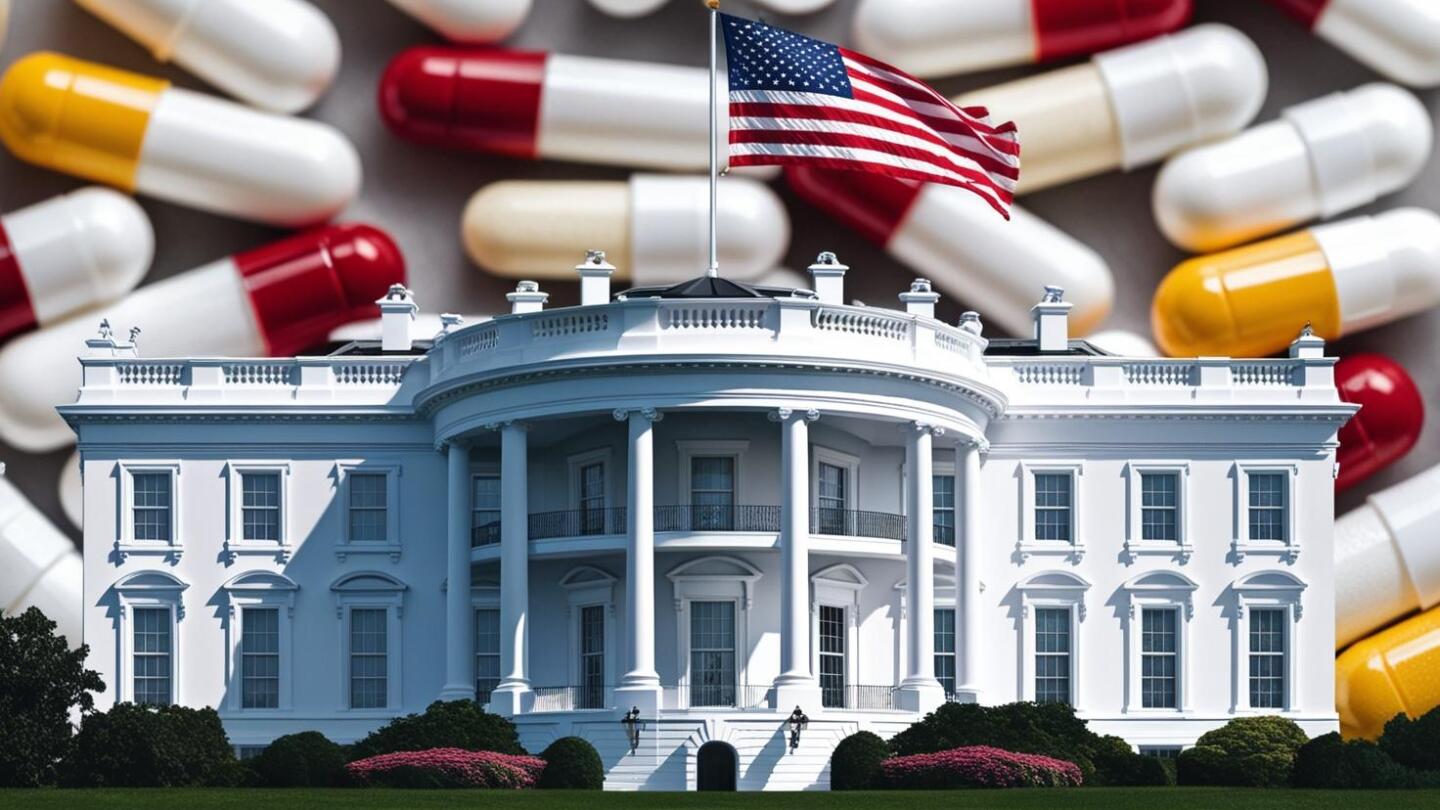News
Elecsys’ approval could help boost the uptake of currently approved Alzheimer’s disease therapies, including Biogen’s Eisai-partnered Leqembi, with CEO Chris Viehbacher recently noting that such biomarker-based tests could “remove some of the bottlenecks” in uptake.
FEATURED STORIES
Robert F. Kennedy Jr. repeated a series of anti-vaccine talking points during his appearance in front of the Senate finance committee on Thursday, as Democratic and Republican senators alike hammered the Health Secretary on recent COVID-19 vaccine restrictions and his views on Operation Warp Speed.
As AAV9 and CRISPR programs navigate safety, delivery and scalability hurdles, small molecules offer a deployable, scalable bridge, complementing genetic approaches and accelerating meaningful impact for patients with Duchenne muscular dystrophy.
It can cure deadly diseases, save long-term healthcare costs and transform lives. But the U.S. insurance system still isn’t ready to pay for it.
Job Trends
Slope is excited to announce today the formation of a new industry-led consortium to enable the future of complex clinical research by driving sample excellence.
FROM OUR EDITORS
Read our takes on the biggest stories happening in the industry.
Novo Nordisk, under new CEO Maziar Mike Doustdar, has a new attitude. It’s making Pfizer livid.
THE LATEST
Pfizer CEO Albert Bourla directly credited the threat of tariffs with leading to the deal, in which the company will offer drugs on a soon-to-be-launched website called TrumpRx.
After parting with 50% of its employees earlier this year, Sutro Biopharma will lay another third of its staff in a restructuring effort geared toward reaching key inflection points.
MET-097i’s mid-stage performance “bodes well” for Pfizer’s proposed buyout of Metsera, according to BMO Capital Markets, a deal centered heavily on the investigational GLP-1 drug.
Despite tolerability concerns, nomlabofusp’s overall efficacy represents a “large win” for Larimar, according to analysts at William Blair, who lauded the therapy’s functional benefits.
Already approved in Japan, China and other Asian countries, Crystalys’ dotinurad works to lower serum uric acid levels.
Without naming Aurinia Pharmaceuticals, the CDER director in a now-deleted LinkedIn post claimed that for lupus nephritis, companies have not conducted post-approval studies “to demonstrate a benefit on hard clinical endpoints.”
Companies are moving from using AI for distinct operations to applying the technology for control and optimization of the whole production process.
Reshoring generic pharmaceutical production is essential in today’s era of geopolitical instability and heightened awareness surrounding national health security. And it is possible—if done right.
After Emma Walmsley steps down as GSK CEO in January, Vertex Pharma’s Reshma Kewalramani will be the sole female CEO at a top-20 pharma company. Still, there are many prominent women in pharma that could someday break through again.
Chief Commerical Officer Luke Miels will replace outgoing GSK CEO Emma Walmsley at the U.K. pharma next year.




